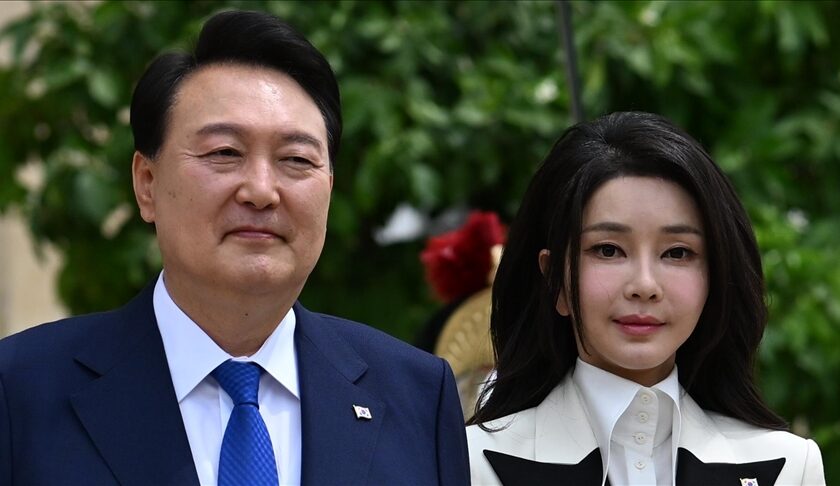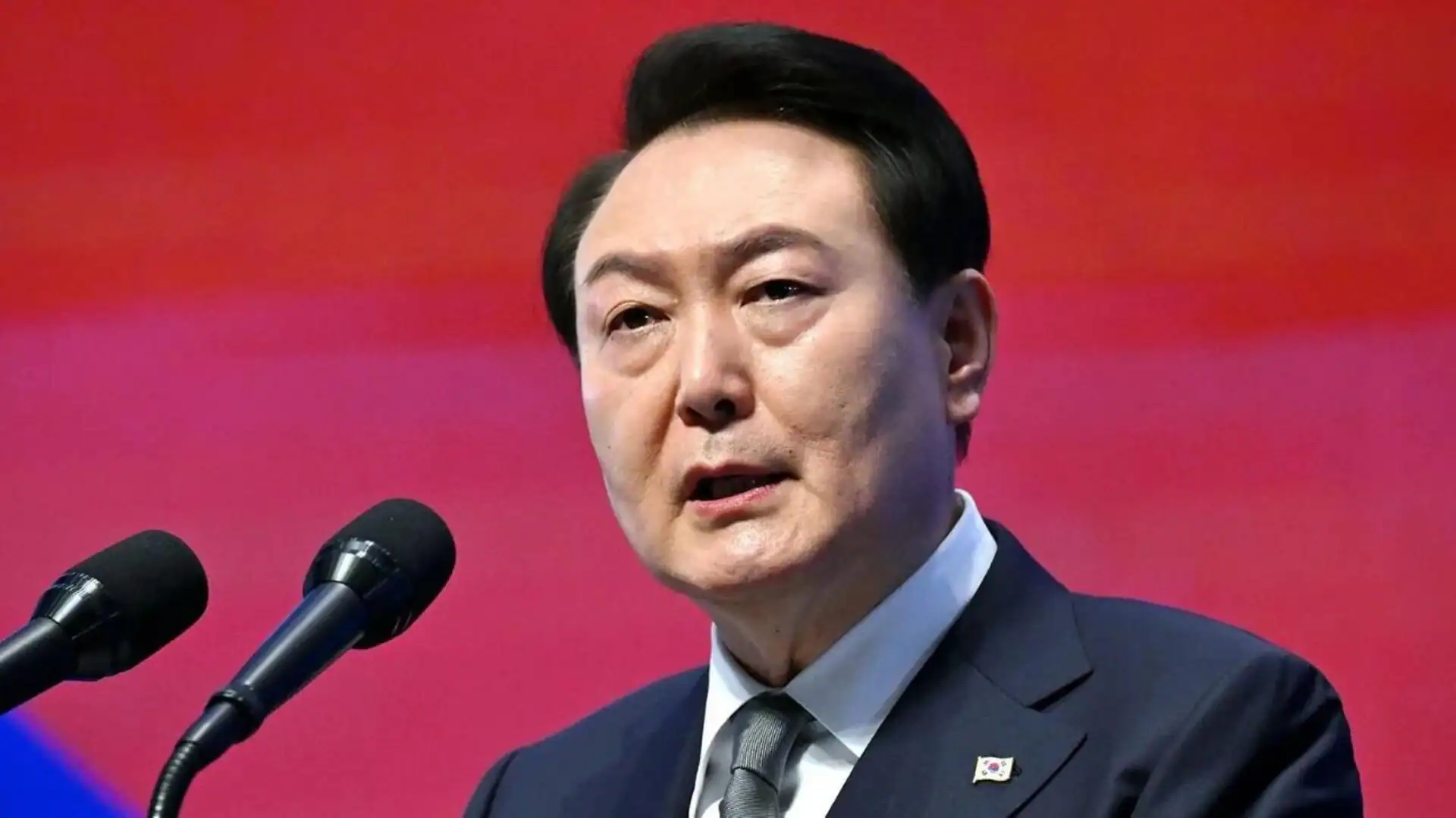South Korean President Declares Emergency Martial Law Amid Political Crisis
South Korea has plunged into an unprecedented political crisis following President Yoon Suk Yeol’s dramatic declaration of emergency martial law. In a televised address on Tuesday, Yoon accused opposition parties of crippling the government, sympathizing with North Korea, and obstructing the nation’s legislative process.
Also Read: JACKSONVILLE CAR ACCIDENT ATTORNEY: NAVIGATING LEGAL PATHWAYS TO JUSTICE
This contentious move marks a significant escalation in political tensions that have been brewing since Yoon assumed office in May 2022.
Yoon’s Justification for Martial Law
Addressing the nation, President Yoon outlined the rationale behind his decision, framing it as a necessary measure to protect South Korea’s democratic values.
“To safeguard a liberal South Korea from the threats posed by North Korea’s communist forces and to eliminate anti-state elements… I hereby declare emergency martial law,” Yoon said. The president emphasized that the action was vital to preserving the country’s free and constitutional order.
However, Yoon refrained from specifying the exact measures to be implemented under martial law, leaving the public and political analysts to speculate about its implications.
Accusations Against the Opposition
Yoon accused the opposition Democratic Party of Korea (DPK), which holds a majority in the National Assembly, of undermining the government. He highlighted their recent impeachment motions against top prosecutors and rejection of the government’s proposed budget as evidence of their alleged destabilizing tactics.
“This is no longer a matter of differing political opinions. The opposition has taken actions that threaten the very foundation of our nation’s governance,” Yoon asserted during his address.
Since his election, Yoon has faced a continuous power struggle with the opposition-controlled legislature. His administration has repeatedly clashed with the Democratic Party, leading to legislative gridlocks and accusations of authoritarianism.
Opposition Criticizes Martial Law Declaration
The opposition was quick to condemn Yoon’s announcement, accusing him of attempting to consolidate power and bypass democratic processes. Democratic Party leader Lee Jae-myung described the move as a blatant effort to establish a dictatorship.
“Martial law is not a tool to resolve political disagreements. It is a dangerous precedent that could lead to the erosion of democracy in South Korea,” Lee stated.
The opposition’s fears are rooted in South Korea’s tumultuous history with martial law, particularly during the authoritarian regimes of the 1970s and 1980s. These periods were marked by human rights abuses and the suppression of political dissent, which still linger in the nation’s collective memory.
Rising Tensions and Public Reaction
The relationship between Yoon and the opposition reached a boiling point earlier this year when Yoon became the first president since 1987 to forgo attending the opening ceremony of a new parliamentary session. His office cited ongoing impeachment threats and parliamentary probes as reasons for his absence.
The strained dynamic has fueled widespread speculation about Yoon’s intentions. Critics argue that his frequent use of veto power and appointment of loyalists to key military positions signal an authoritarian shift.
Public opinion on Yoon’s leadership remains divided. Supporters argue that his tough stance is necessary to counter external and internal threats, while opponents view it as an overreach of executive power.
Deepening Political Polarization
The declaration of martial law has deepened South Korea’s political polarization. Experts warn that the ongoing crisis could undermine public trust in democratic institutions and destabilize the nation’s governance.
“This confrontation has turned into a political war,” said Choi Jin, director of the Institute for Presidential Leadership. “Both sides are unwilling to compromise, and this all-or-nothing approach is dangerous for the country’s democracy.”
Political analysts have criticized Yoon’s leadership style, which they claim exacerbates polarization. Jhee Byong-kuen, a political science professor at Chosun University, argued that Yoon’s unwillingness to engage in dialogue with the opposition is fueling public disillusionment.
Historical Context and Broader Implications
South Korea’s history offers a sobering reminder of the potential consequences of martial law. During the authoritarian era, such measures were often used to suppress dissent and entrench power. Yoon’s declaration has sparked fears that history could repeat itself.
The global community is closely monitoring the situation. South Korea is a key player in regional security and economic stability, and any political upheaval could have far-reaching implications.
The Road Ahead
As South Korea navigates this volatile period, calls for dialogue and compromise are growing. Civil society groups and political observers emphasize the importance of maintaining democratic norms and finding peaceful resolutions to the crisis.
Also Read: Trucking Injuries Attorney Houston: Seeking Justice After an Accident
While President Yoon has framed his decision as a protective measure, critics argue that the nation’s democratic fabric could be at risk. The coming weeks will likely determine whether South Korea can overcome this political turmoil and preserve its hard-won democratic legacy.
Conclusion
The declaration of emergency martial law by President Yoon Suk Yeol marks a defining moment in South Korea’s contemporary political history. With accusations and counteraccusations flying between the government and opposition, the nation’s democratic institutions face one of their toughest tests yet.
How South Korea emerges from this crisis will depend on the willingness of its leaders to prioritize national stability over partisan interests. In the meantime, the nation watches with bated breath as its political future hangs in the balance.


